- Augusta University
- Colleges & Schools
- Medical College of Georgia
- MD/PhD Program
- MD/PhD Admissions Committee
MD/PhD Admissions Committee
The programs mission: to train the next generation of physician-scientists to provide compassionate patient care, lead discovery in biomedical disease-oriented research and translation of basic biomedical research to applications in clinical care, and take leadership roles in biomedical research, medical education and healthcare components in academic departments and medical centers.
Below are brief biographies and contact information for each admissions committee member. Please feel free to contact us with any questions, comments or concerns.
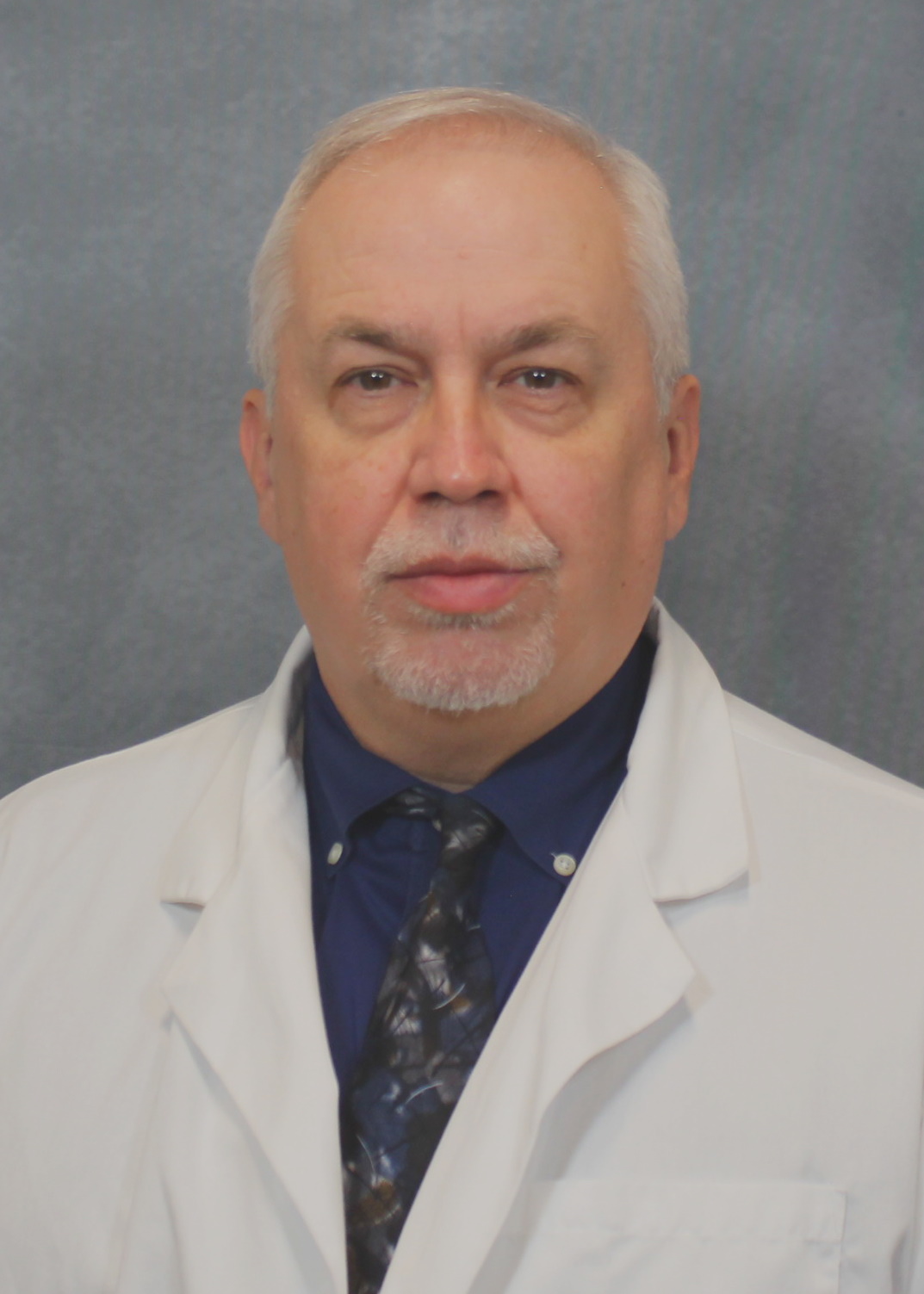
- Director, MD, PhD Program, University System of Georgia
- Leon Henri Charbonnier Endowed Chair in Physiology
- Co-director of the Department of Medicine’s Research Residency Track
- Professor, Vascular Biology Center
706-721-1949
Dr. David Stepp is a federally funded investigator and a 21-year faculty member in the Medical College of Georgia’s Vascular Biology Center. Stepp, Leon Henri Charbonnier Endowed Chair in Physiology, also directs the Vascular Biology Center’s graduate program and is co-director of the Department of Medicine’s Research Residency Track. He is a co-principal investigator with VBC Director, Dr. David Fulton, on a $3.4 million grant from the National Institutes of Health. He is the contact principal investigator with Dr. Jennifer Sullivan, physiologist and dean of The Graduate School at Augusta University, on a $1.5 million T32 NIH training grant. Stepp also leads the MCG training program for the new American Heart Association Cardio-Oncology Strategically Focused Research Network. His research has been continuously extramurally funded for 20 years, including six awards from the NIH and four awards, including a Scientist Development Grant, from the AHA. His work has resulted in over 80 publications including signature work in high-impact cardiovascular journals such as Circulation, Circulation Research and Hypertension. Stepp has also provided extensive review service to several NIH study sections, including serving as chair of the Vascular Cell and Molecular Biology Grant Review Committee from 2015-17. He earned his bachelor’s degree in biology in 1988 from the University of South Carolina and his doctoral degree in physiology from the Medical College of Pennsylvania in Philadelphia in 1993. From 1993-96 he was a senior research fellow at the University of Washington in Seattle. He came to MCG in 2001 from the Medical College of Wisconsin, where he was a research assistant professor.
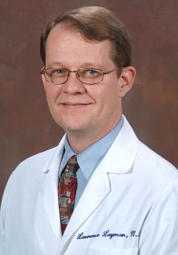
- Professor of Obstetrics & Gynecology, Neuroscience and Regenerative Medicine, and Physiology
- Chief, Section of Reproductive Endocrinology, Infertility, & Genetics; Department of Obstetrics & Gynecology
- Robert B. Greenblatt, MD Distinguished Chair in Endocrinology
- Co-director, MD, PhD Program, University System of Georgia
706-721-3832
Dr. Lawrence C. Layman graduated from the University of Cincinnati College of Medicine, completed residency in Ob/Gyn at the University of Louisville and a fellowship in Reproductive Endocrine and Genetics at the Medical College of Georgia. He is board certified in Obstetrics & Gynecology; Reproductive Endocrinology & Infertility; Clinical Genetics; and Clinical Molecular Genetics. He served on the Reproductive Endocrine Division of the American Board of Ob/Gyn. Dr. Layman actively sees patients and investigates genetic aspects of puberty and reproduction and has been funded by the National Institutes of Health since 1997. He has received five five-year NIH grants as a PI. Research contributions include the identification of human pathogenic variants in patients with pubertal disorders and infertility. Recently, his group found that women with unexplained infertility have an increased risk of having pathogenic variants in genes that are medically actionable. He has more than 120 peer-reviewed publications. Dr. Layman is also actively involved in student training at both undergraduate and graduate levels, and he serves as the Program Director of MCG’s Reproductive Endocrinology, and Infertility Fellowship Program.
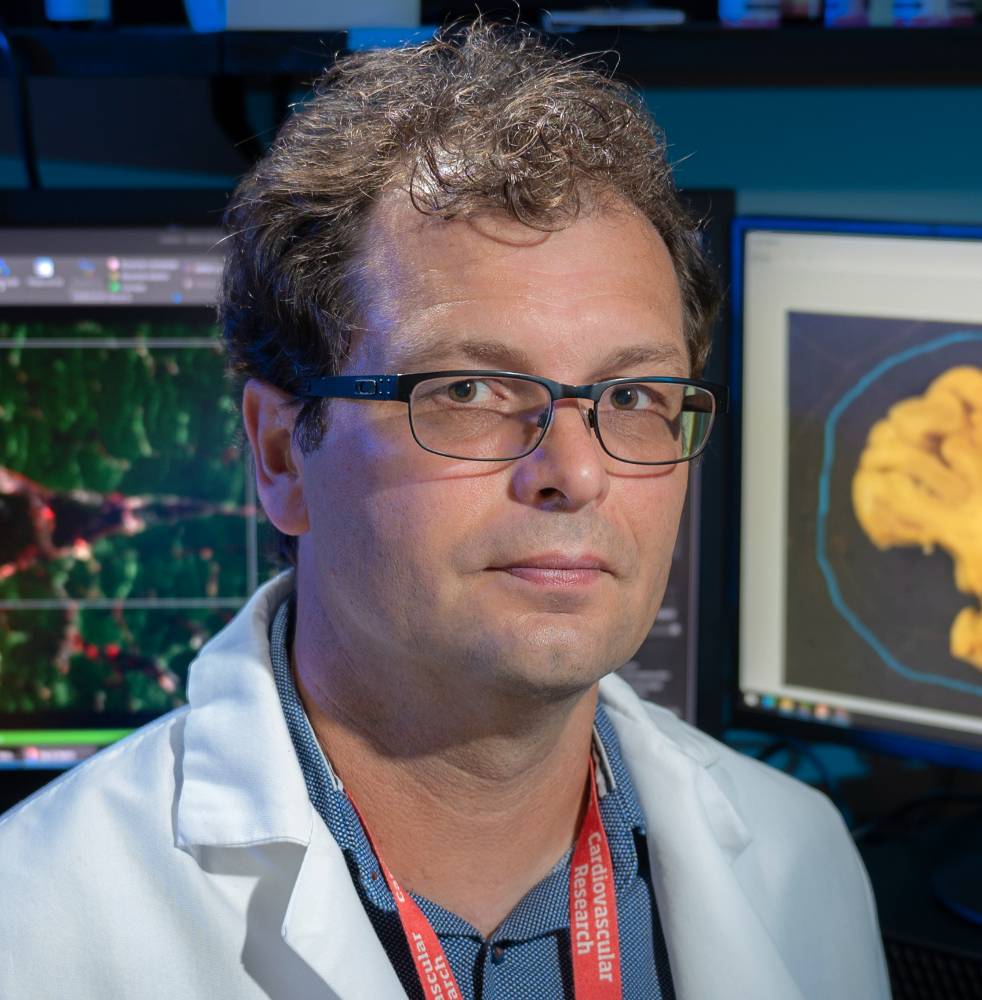
Zsolt is a tenured Professor at the Department of Physiology at Medical College of Georgia at Augusta University. Zsolt received his MD degree in 2000 and PhD degree in 2004 from the Semmelweis University Medical School in Hungary. He joined Professor Gabor Kaley at the Department of Physiology, New York Medical College, Valhalla, NY in 2002, where he did his postdoc training and held an Assistant Professor position (2007-2010). Zsolt moved to Oxford in 2010 having been awarded an Intermediate Research Fellowship from the British Heart Foundation Center of Research Excellence and joined the Department of Pharmacology at University of Oxford (2010-2012). He was a Senior Research Fellow at the Somerville College, Oxford University (2011-2013). Currently, Zsolt leads a research laboratory in the Department of Physiology, where his research is focusing on the molecular mechanisms of small blood vessel dysfunction and its contribution to heart failure, Alzheimer’s disease and aging. In the past Zsolt has trained numerous graduate and postdoctoral students, including 6 highly successful MD/PhD students who pursued physician scientist carrier in their chosen field of medicine (cardiac imaging, interventional cardiology or radiology). Zsolt expertise in studying cardiovascular disease mechanisms is represented by over 100 per reviewed publications in leading scientific journals.

- Professor and Vice Chair of Education
- Medical Pharmacology Component Director
- Department of Pharmacology and Toxicology
- Assistant Dean for Admissions, MCG
706-721-6352
Dr. Barman currently holds the rank of Professor and Vice Chair of Education in the Department of Pharmacology and Toxicology and is the Assistant Dean for Admissions for the Medical College of Georgia at Augusta University. His research area involves studying mechanisms of Pulmonary Arterial Hypertension (PAH). He received his doctorate from the University of North Dakota in Physiology and completed a Post-doctoral Fellowship at the University of South Alabama in the area of pulmonary pathophysiology. He is the recipient of a Parker B. Francis Pulmonary Fellowship Award, American Heart Training Fellowship, and an NIH Training Fellowship as well as numerous extramural grants from the NIH and AHA. His professional memberships include the North Dakota Academy of Science, Sigma Xi Scientific Research Society, American Physiological Society, New York Academy of Sciences, and the American Heart Association Council for Blood Pressure Research. He has served on American Heart Association, NIH, and Department of Defense American Institute of Biological Sciences (AIBS) review panels. He has also served on the Editorial Board of the Journal of Applied Physiology and the Open Nitric Oxide Journal, and currently is an Associate Editor of Frontiers in Systems and Integrative Pharmacology. He reviews manuscripts for 18 scientific journals and has published 66 articles and 15 book chapters.

Elena Dent, Assistant Dean for the Graduate School at Augusta University, serves as the First Year Program Director for Biomedical Sciences PhD students and oversees the Biomedical Sciences PhD programs. She completed her dietetic training at Vanderbilt University Medical Center and earned both a master’s degree in Biomedical Science and a PhD in Physiology and Biophysics from the University of Mississippi Medical Center, where her research focused on mechanisms of hypertension in autoimmunity. Elena pursued postdoctoral training in the Department of Preventive Medicine at the University of Mississippi Medical Center and subsequently joined the faculty as an Assistant Professor. She is actively involved in an NIH-funded U54 grant aimed at increasing awareness and education around cardiovascular disease and the risks of uncontrolled hypertension in women.
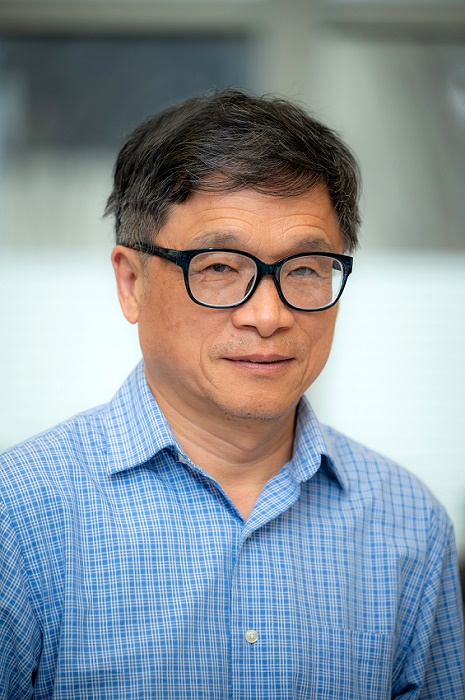
- Professor of Biochemistry & Molecular Biology
- Member, Cancer Immunology, Inflammation, and Tolerance Program, Georgia Cancer Center
- Biologist, Charlie Norwood VA Medical Center
706-721-9483
Dr. Liu received his Ph.D degree in molecular biology with a focus on RNA polymerase and transcription factor interaction with the nascent RNA from the University of Oklahoma. He completed postdoctoral training in the Laboratory of Immunology at the National Institute on Aging/NIH and the Center for Immuno-Oncology in the National Cancer Institute/NIH. Dr. Liu joined the faculty of the Medical College of Georgia in 2005. In addition to NCI-funded research program, Dr. Liu is also a VA-funded Principal Investigator at Charlie Norwood VA Medical Center. The research program in Dr. Liu’s laboratory focuses on the dynamic interactions between tumor cells and immune cells in the tumor microenvironment. At the molecular level, his laboratory aims at elucidating the mechanisms underlying genetic and epigenetic regulation of tumor suppressors and immune checkpoints in tumor cells and myeloid cells. At the cellular level, his laboratory studies tumor cell and myeloid cell interactions with the tumor-specific cytotoxic T lymphocytes (CTLs) in the context of CTL immune suppression. The research in his laboratory is primarily driven by students (Ph.D, MD-Ph.D, and medical students). His graduate students have received several NCI and NIAID F31 and F30 fellowships. Publications with Ph.D, MD-Ph.D students as the first-authors include Cancer Cell, J Clin Invest, Cancer Immunol Res, Cell Rep, and OncoImmunology.

Dr. Brian Muntean took his Ph.D. in Medicinal Chemistry from the University of Toledo. Following postdoctoral training in Neuroscience at The Scripps Research Institute, Dr. Muntean started his lab at Augusta University toward the end of 2020. Dr. Muntean is currently an Assistant Professor in the Department of Pharmacology & Toxicology in the Medical College of Georgia. His research is broadly focused on understanding the flow of information between neurons via G protein-coupled receptors.

- Associate Professor of Pediatrics
- Vice Chair for Research in Pediatrics
706-721-5059
Dr. Brian Stansfield graduated from the Medical College of Georgia in 2004 and completed his residency in general pediatrics at the Children's Hospital of Georgia. He went on to Indiana University to complete a fellowship in neonatal/perinatal medicine and a post-doctoral research fellowship through the NIH-sponsored Pediatric Scientist Development Program. He joined the section of neonatology at the Children's Hospital of Georgia in 2013 with a joint appointment in the Vascular Biology Center. Dr. Stansfield's laboratory, funded by the National Institutes of Health, Department of Defense, and American Heart Association, focuses on immune cell interactions with the endothelium leading to large and small blood vessel disease. Dr. Stansfield is also interested in the relationship between early life nutrition and cardiometabolic diseases in preterm and low birth weight infants. He is an active clinician in the regional Neonatal Intensive Care Unit and provides oversight to research activities in the Department of Pediatrics.

I am a 4th year MD/PhD student that graduated from the University of Georgia in 2022 with a B.S. in Genetics as part of the CURO Scholars Program. I am currently a second-year graduate student under Dr. Klaus Ley in the Department of Molecular Oncology and Immunology. My research is focused on how different inherited risk factors impact an individual’s risk for atherosclerosis and heart disease. I am also an advisory board member for the Molecular Oncology and Immunology graduate program for the last two years.
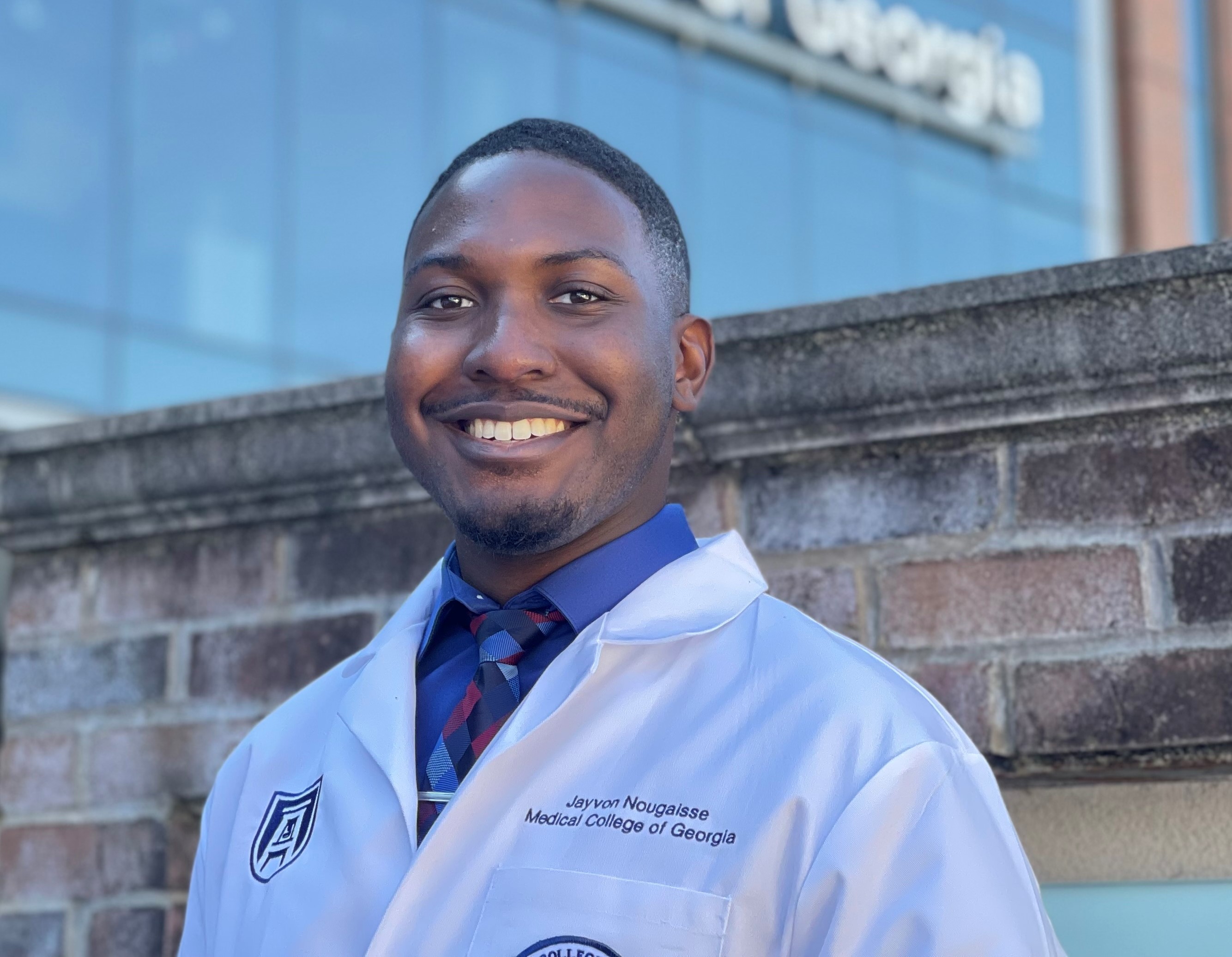
Jayvon Nougaisse
- Student member, MD/PhD Program, University System of Georgia
Jayvon is a 4th year MD/PhD student in the University System of Georgia’s MD/PhD program. He graduated from Augusta University in 2021 with a degree in Cellular and Molecular Biology as a part of the Professional Scholars program. He is currently a second-year graduate student under Dr. XinYun Lu in the Department of Neuroscience & Regenerative Medicine. His research is currently focused on the role that ferroptosis and lipid droplets play in brain aging. Jayvon is also a policy committee member as a part of the American Physician Scientist Association. Outside of the lab, Jayvon enjoys traveling with friends, playing pickleball, and cooking.